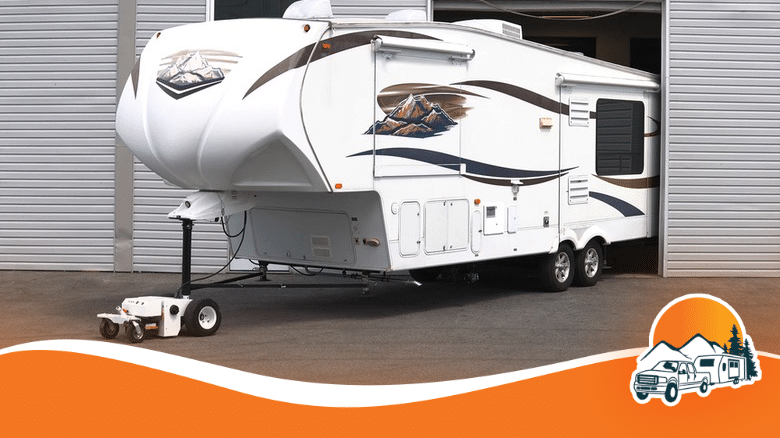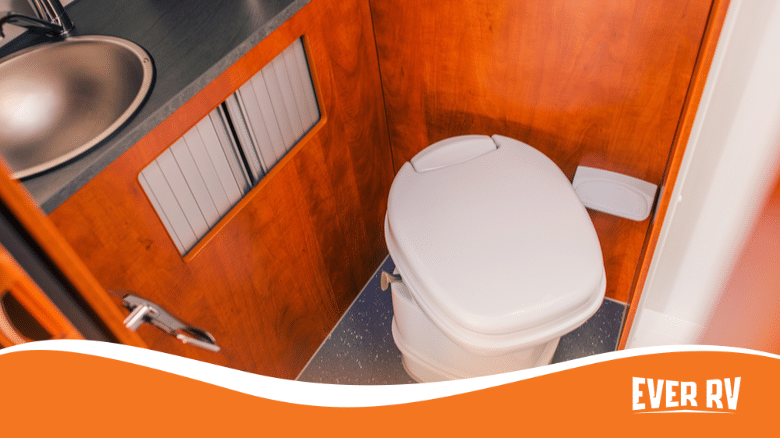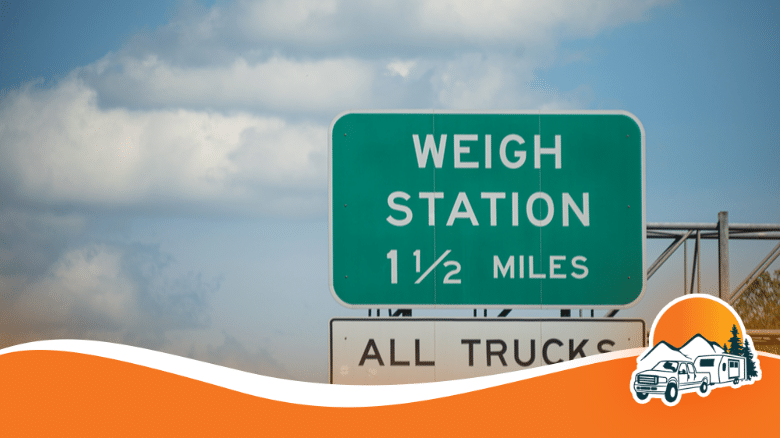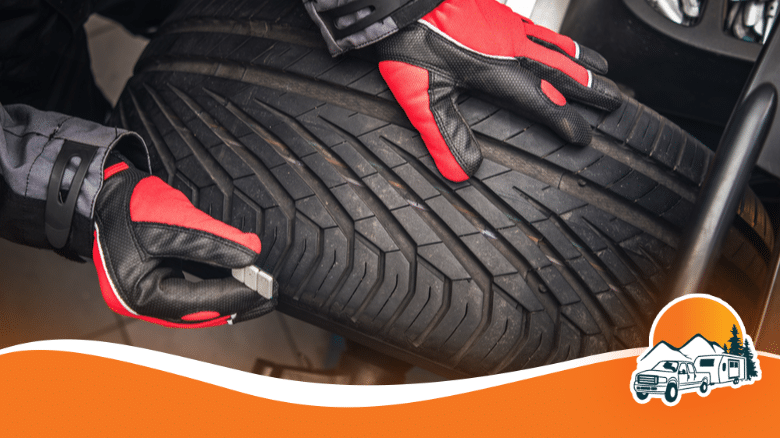Anyone who has ever gone camping knows greywater can become a problem. From washing dishes to bathing, different activities generate a lot of greywater. You have to dump it at some point during your vacation, so knowing the correct ways is crucial.
Experienced campers know how to get rid of their camper’s greywater, but the newer ones are often confused. To add to the confusion, there are no standard rules for gray water disposal, and different campgrounds have their own rules.
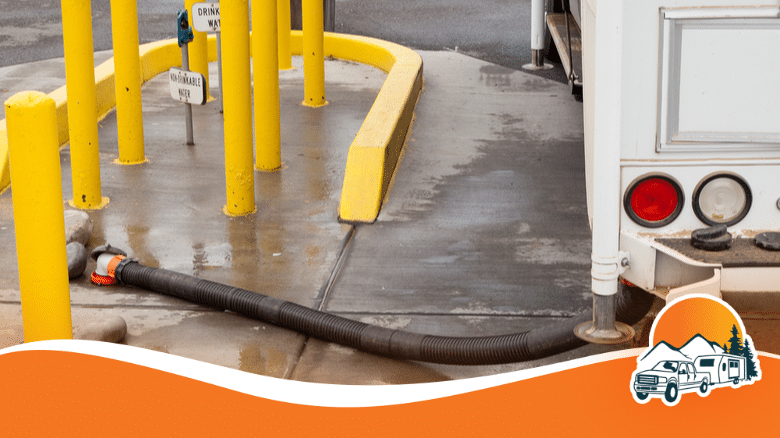
This article will talk about how you can dump your greywater effectively and legally, so keep reading.
What is Greywater?
Greywater in the RV usually comes from the kitchen sink, bathroom, and laundry. It is comparatively cleaner from blackwater but still not clean enough for regular usage.
Also, different states have their own definition of greywater. Water coming from the kitchen sink isn’t considered greywater in some states because it has food and oil particles.
Generally, greywater refers to any water coming outside your RV other than the toilet. It is dirty but still cleaner than black water. So, greywater can be repurposed for some activities such as yard irrigation.
How can Greywater Dumping be Harmful?
Many areas do not have strict greywater regulations, but it is still a good idea not to dump it carelessly. Graywater can have severe harmful effects on the soil when it’s not disposed of properly. It should be treated and processed before dumping to protect the vitality of the soil.
When you dump greywater on the soil, its fat content creates a barrier, decreasing the soil’s ability to absorb more water. Greywater also has compounds that can alter the soil’s pH level and make it drier. As a result, it turns healthy soil into unhealthy soil, which restricts the growth of plants in it.
When the poorly disposed greywater reaches ponds, lakes, and rivers, its high phosphate reserves promote excessive algae growth. It can destabilize the ecosystem and cause several problems, such as reducing the fish population. It can also encourage the growth of algae, which is dangerous to human beings.
Greywater also has a repulsive smell, putting people off from visiting sites where it is dumped. It can also affect wildlife in several ways. When animals eat something contaminated by greywater or drink it directly, the chemicals can make them sick. Dumping greywater near you can also attract dangerous animals during camping.
Can you Legally Dump Greywater Anywhere?
It is illegal to dump greywater at most places. The Bureau of Land Management (BLM) is the only federal land management agency that allows you to dump grey water. You can dump greywater in areas that come under the BLM. Campgrounds managed by BLM might still not allow greywater dumping.
Other agencies such as the US Forest Service, National Park Service, and Bureau of Reclamation do not allow greywater dumping on the lands they manage. People also use state Public Lands to dump greywater, but their laws vary state by state. Many states have banned the dumping of wastewater.
If you dump greywater into streams, toilets, ground, etc., you might have to pay fines and other penalties, depending on your state.
Many people think that if you have an effective septic system, you can dump greywater in your home. That might not be the case if you’re connected to the municipal water supply. You will have to check with your local municipality office so that you don’t do anything illegal; otherwise, you could face a heavy fine.
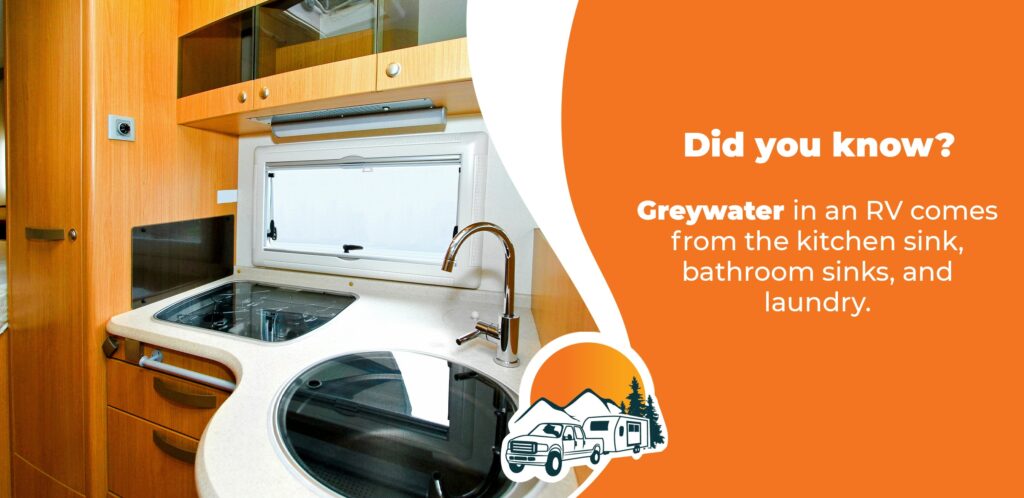
Greywater Treatment Before Disposal
You can dispose of the greywater as it is, but treating it can curb its harmful environmental effects. Here is how you can do it:
Use an Unscented Soap
Greywater contains chemicals and scents coming from soaps, detergents, dishwashers, etc. Organic and unscented soap or dishwashers are free from harmful chemicals and are gentle for human skin. Organic soaps are made from natural fats and oils and use far less harsh dyes. They also break down easily in the environment, protecting aquatic life and wildlife.
Separate Containers for Greywater
Having one greywater tank is good, but having more than one is even better. You can use them separately for washing dishes, hands, clothes, etc. You can also use three different buckets for soapy water, hot rinse, and cold rinse. You can finally add all three buckets to the greywater and dispose of it.
Use a Mesh Strainer
Greywater usually contains solid waste such as food leftovers which smell bad. They can also harm the birds and animals that might feed on these leftovers.
You can utilize the kitchen mesh strainer to filter out the food particles. If you don’t have a mesh strainer, use a porous cloth. Make small holes in a plastic bag and pass the water through it if you don’t even have that. When you’ve separated solid waste from your greywater, take it to the dumpsites to get rid of it properly.
How to Dispose of Greywater?
Observe Good Hygiene
Always observe good hygiene when you’re dumping greywater. It is full of pathogens that love food leftovers, hair, dead skin, etc., and can make you sick. Make sure you use a quality pair of gloves that prevent contamination of your hands.
Find a Dump Station Near You
Many RVs are fitted with tanks that collect all the greywater you produce over a certain period. The best way to get rid of greywater is to dump that tank in a dump station when it’s full.
These dumps aren’t hard to find either, as many parks today have dump stations too. You can use these stations for reasonable fees and empty your tank easily.
Many gas stations and rest areas also have dump stations which you can use for free or for a small fee. Similarly, you can also visit your local sewage treatment facility to dump your greywater tank.
You should ensure that the greywater amount in your RV can match the freshwater supply. It’s sometimes not easy as RV manufacturers often don’t fit a tank or fit one that’s too small.
The Dumping Process
Hook the sewer hose after removing the cap and connect it to the sewer adapter to start draining. If your RV has two greywater tanks for bathroom water and kitchen water, you’ll need a wye adapter to connect them to the drain.
Use a long and flexible hose to make the dumping easier for you. Sometimes you need to support the hose, as the water weight is too overwhelming for it sometimes. Use folding support for keeping the hose in place on uneven terrain. It is durable and can be assembled and disassembled easily.
Make sure you monitor the greywater tank and the connected sensors. Prevent solid wastes from entering the greywater tank as it can clog the whole system during drainage. Clean the greywater tank regularly using soap and water, and take care of your sensors to keep your warning system at its best.
What if You Don’t Have a Tank?
Sometimes you don’t have a tank and find yourself in areas that don’t allow free greywater dumping. In such situations, you have to show some responsibility and dispose of the greywater within 3 to 4 hours to avoid a harmful bacteria buildup.
You can collect your greywater in a bucket and dump it into a nearby plant. Use multiple plants for this purpose to dispose of all the greywater effectively. Remove the food from your dishes before washing them so that wildlife doesn’t eat it and get sick.
Don’t dump near your campsite or RV, as greywater has a repulsive smell that will make you and your neighbors uncomfortable. If you don’t find any plants around you, get a tote and use it for your greywater. Once it is full, take it to the nearest dump point for emptying.
How to Minimize the Amount of Greywater Going into the Tank?
Most greywater tanks are small and become full way before the freshwater tank. You can minimize the amount of greywater using these tips:
Use a Dish Pan
Put the dish pan under the kitchen sink and use different disposal methods instead of the greywater tank. If it’s legal, you can use it to water plants. You can also quench a fire or dump it using the blackwater tank into the toilet. After filtering out the food particles, you can also flush the toilet with greywater.
Get an Aerated Showerhead
You can reduce the amount of greywater you produce by reducing your freshwater usage during showers. Aerated shower heads use much less water than those installed by RV manufacturers. Using less water during your shower means less influx into your greywater tank. Having an on and off button for the showerhead can save even more water.
Spray the Dishes First
Instead of washing your dishes with freshwater right away, you can first spray them with a mixture of water, soap, and vinegar. It’ll make the washing process much easier for you and reduce water usage.
The Bottom Line
Greywater is waste, just like blackwater, and has to be dumped legally and ethically. It is easier for experienced campers, but new travelers can get confused about the complexities of the process.
Ensure you consider everything from the environment to wildlife to your health when disposing of greywater. Inform yourself about the laws regarding greywater disposal and follow them strictly to avoid penalties.
Get more valuable information on the topic by watching this video.

